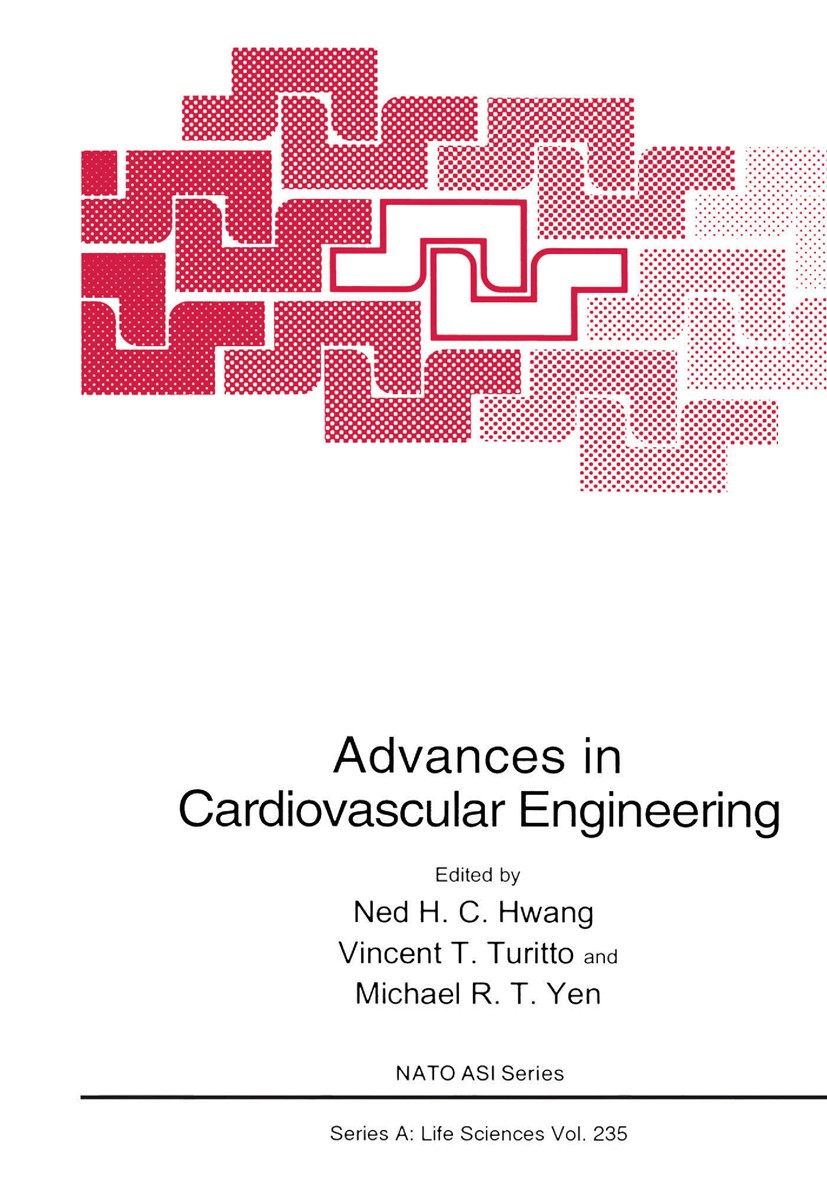| 期刊全稱 | Advances in Cardiovascular Engineering | | 影響因子2023 | Ned H. C. Hwang,Vincent T. Turitto,Michael R. T. Y | | 視頻video | http://file.papertrans.cn/147/146984/146984.mp4 | | 學(xué)科分類 | NATO Science Series A: | | 圖書封面 |  | | 影響因子 | Advances of cardiovascular engineering prompt one to consider innovative device technology - that is, the development of new replacement heart valves or engineering of a totally implantable energy source for an artificial heart. However, these kinds of advances have often proved unable to achieve a long-lasting benefit as the cardiovascular field has matured so fast. Cardiovascular engineering has matured to the point where a major innovation must not only function, but must continuously function better than existing devices. This is difficult to accomplish in the complex cardiovasculature system, in which energy source, biocompatibility, compliance, and functionality all must be considered. The maturation of the field is evident from the fact that many engineered prosthetic systems perform well - for example, heart valves function for long periods of time, large-vessel vascular grafts are quite adequate, extracorporeal membrane oxygenation has significantly prolonged the feasible length of heart bypass and other surgical operations, and total artificial hearts can be used as a bridge to transplant without serious complications, yet none of these systems is as good as the natural o | | Pindex | Book 1992 |
The information of publication is updating

|
|
 |Archiver|手機(jī)版|小黑屋|
派博傳思國際
( 京公網(wǎng)安備110108008328)
GMT+8, 2025-10-14 20:47
|Archiver|手機(jī)版|小黑屋|
派博傳思國際
( 京公網(wǎng)安備110108008328)
GMT+8, 2025-10-14 20:47


